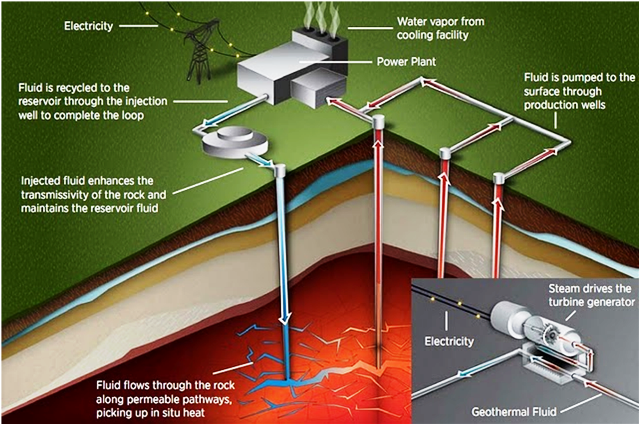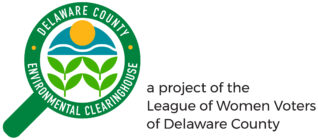Geothermal and New Technologies

Geothermal energy is generated from volcanic heat deep within the earth, by pumping fluid down into a hot rock layer, where it absorbs heat and returns to the surface through a series of wells. The hot fluid is then used to create steam, driving a turbine to create electricity.
The term “geothermal” is often (and incorrectly) used to describe a type of heat pump in which the heat exchange is into the ground rather than the air. It’s properly called a “ground-source heat pump”, and you’ll find further information about it on our Energy Efficiency page.
Another possible energy source is biofuels, which are like conventional fossil fuels but which are produced from plants and organic waste rather than from oil pumped from the ground. While burning these fuels still creates CO2, they are considered “clean” as the carbon they contain was taken from the atmosphere relatively recently rather than millions of years ago. Nevertheless, biofuels are still controversial because of deforestation and diversion of agricultural land to produce raw feedstocks such as corn. If produced efficiently from otherwise waste materials, biofuels can help to deal sustainably with hard-to-decarbonize industries such as aviation.
Other new technologies that may become part of the clean energy mix include tidal energy, in which the flow of water between high and low tides is used to generate electricity, and fusion energy, the long-hoped-for holy grail of energy research, which turns hydrogen into helium and energy in the same way our Sun does.
Further Reading
- Loophole on Big Beautiful Bill allows tax credits for geothermal installers that they can pass on to homeowners — Canary Media 11-03-25
- Geothermal Has Vast Potential to Meet the World’s Clean Energy Needs — Canary Media
- Heat Pumps are Awesome — Canary Media
- Startup Raises $150 Million to Build Carbon-Capture-from-Air Plant — Canary Media 12-04-24
- Decarbonizing Steel and Concrete: We’re in the Age of Urgency — Canary Media — 08-22-24
- Geothermal to Power a Big Chunk of California Power Grid — Canary Media — 06-25-24
- How Methane Biogases Can Help Us Reach Our Climate Goals — The Hill — 04-28-24
